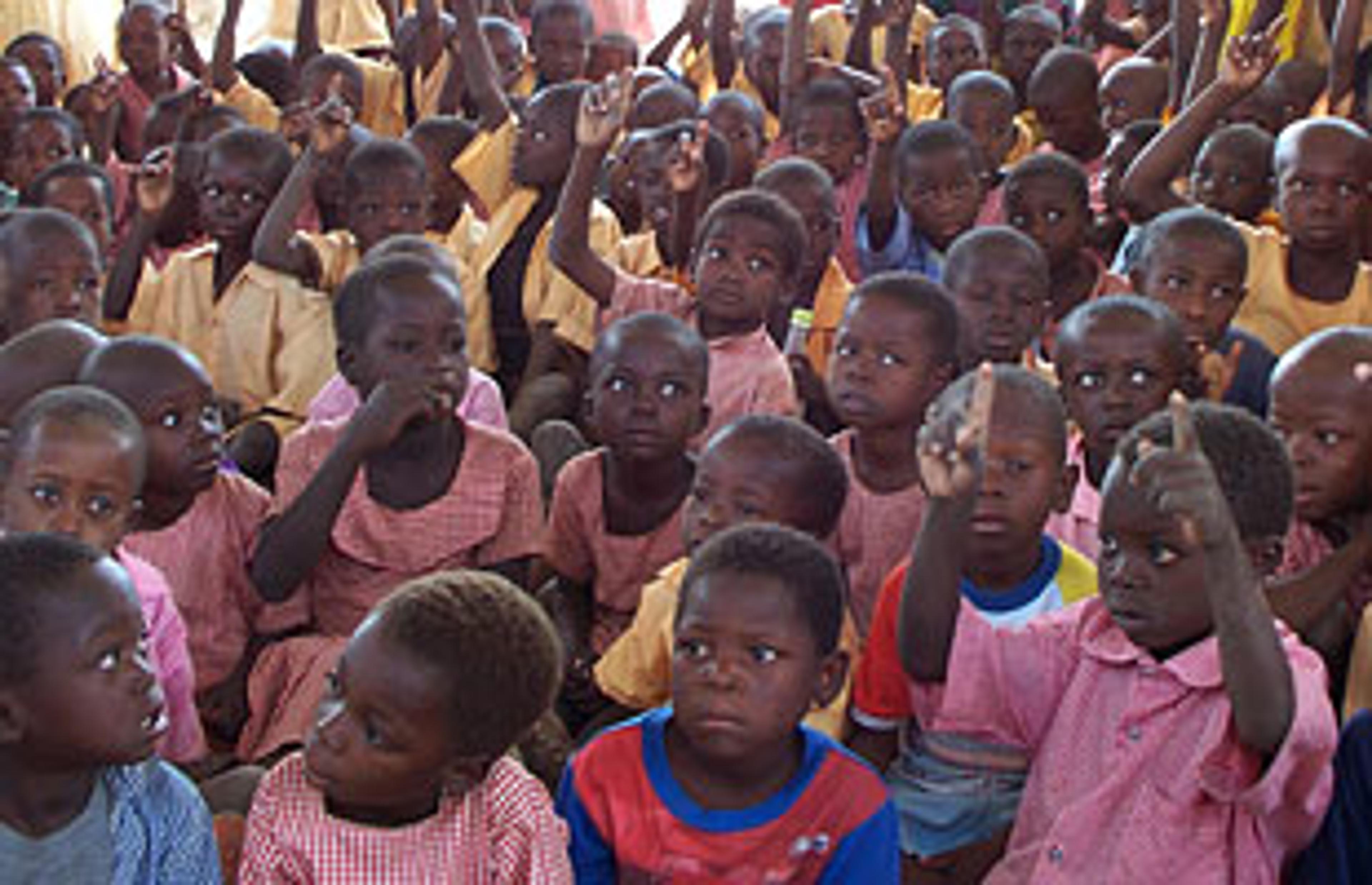In July 2014, Dr Kevin Croke released a study on the long-run effects of childhood deworming on children’s performance in literacy and numeracy. The results are positive, and particularly striking, as they tackle some of the key misgivings we have had with deworming as an intervention, and reinforce our confidence in deworming charities as effective investments to combat poverty.

As GiveWell highlight in this post, previous work on the effectiveness of deworming children has relied on a 2004 study on the Rockefeller Sanitary Commission’s campaign to eradicate hookworm in the American South in the early 20th century, and on a series of studies in Kenya. The latter studies arbitrarily selected groups of children to receive school-based deworming, and compared those groups to others which received less deworming treatment. While these increase our confidence in the long term benefits of deworming, there have been reservations about the health and school test results improvements that deworming provides, as well as concerns about publication bias, articulated by Olga Kuznetsova in this post.
One of the main concerns that we have had concerning deworming has been that, although deworming has been shown to increase school attendance, it was much less clear whether it had any effect on the performance of those receiving the treatment. What this new study shows is that children who had been treated scored better than those in control groups by about ⅓ of a standard deviation, with effects more profound for mathematics than for English literacy. To quote the study, “The effect is robust to a wide range of alternate specifications and inclusion of socioeconomic control variables, and to placebo treatment test. Girlsand children from the poorest income quintiles experience relatively larger gains.”
GiveWell plan to look at this study in more depth, but for now it give us confidence in the efficacy of deworming, and thus reinforces our recommendation of the Schistosomiasis Control Initiative and the Deworm the World Initiative.